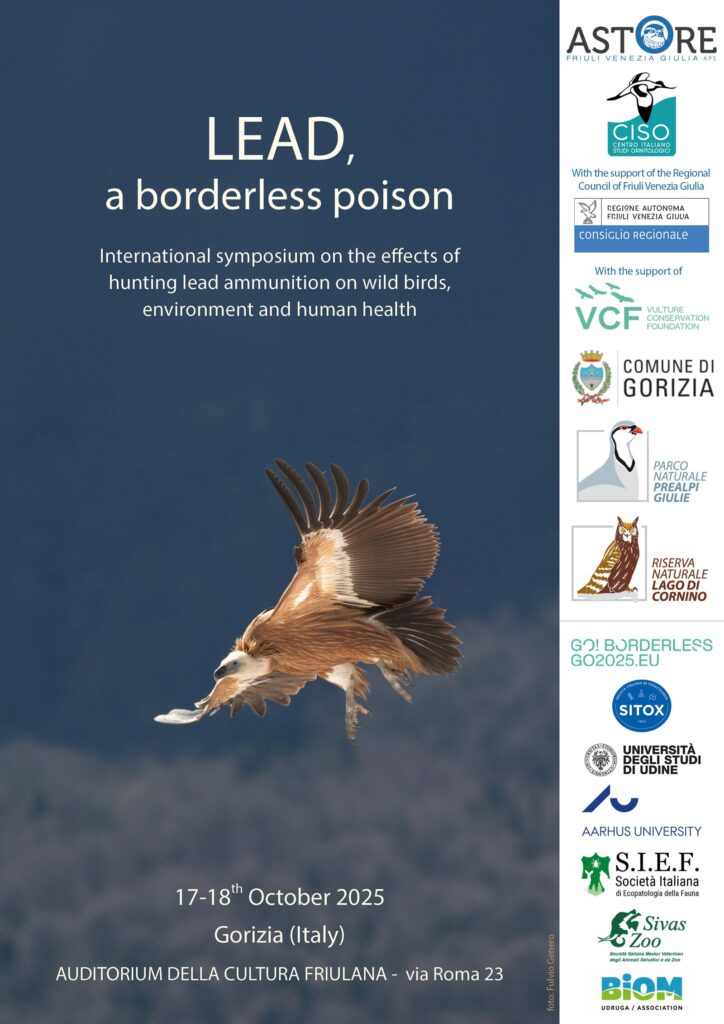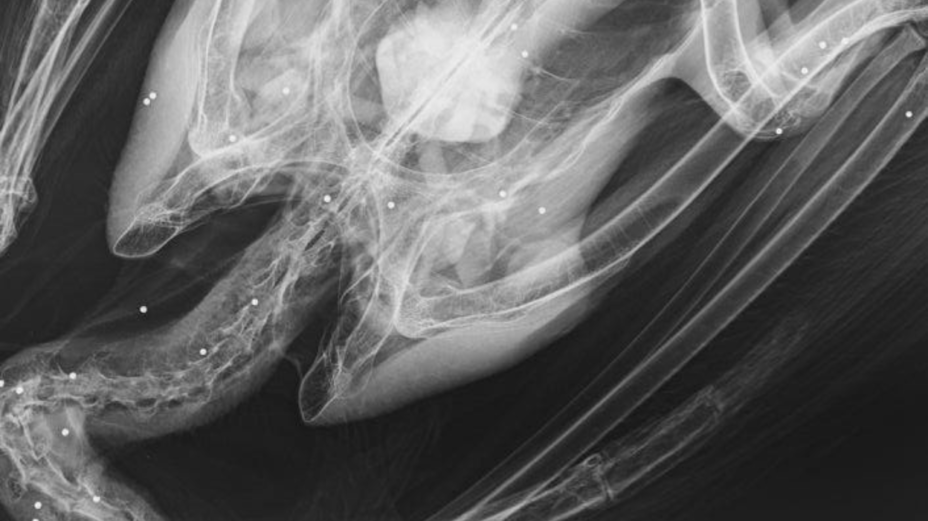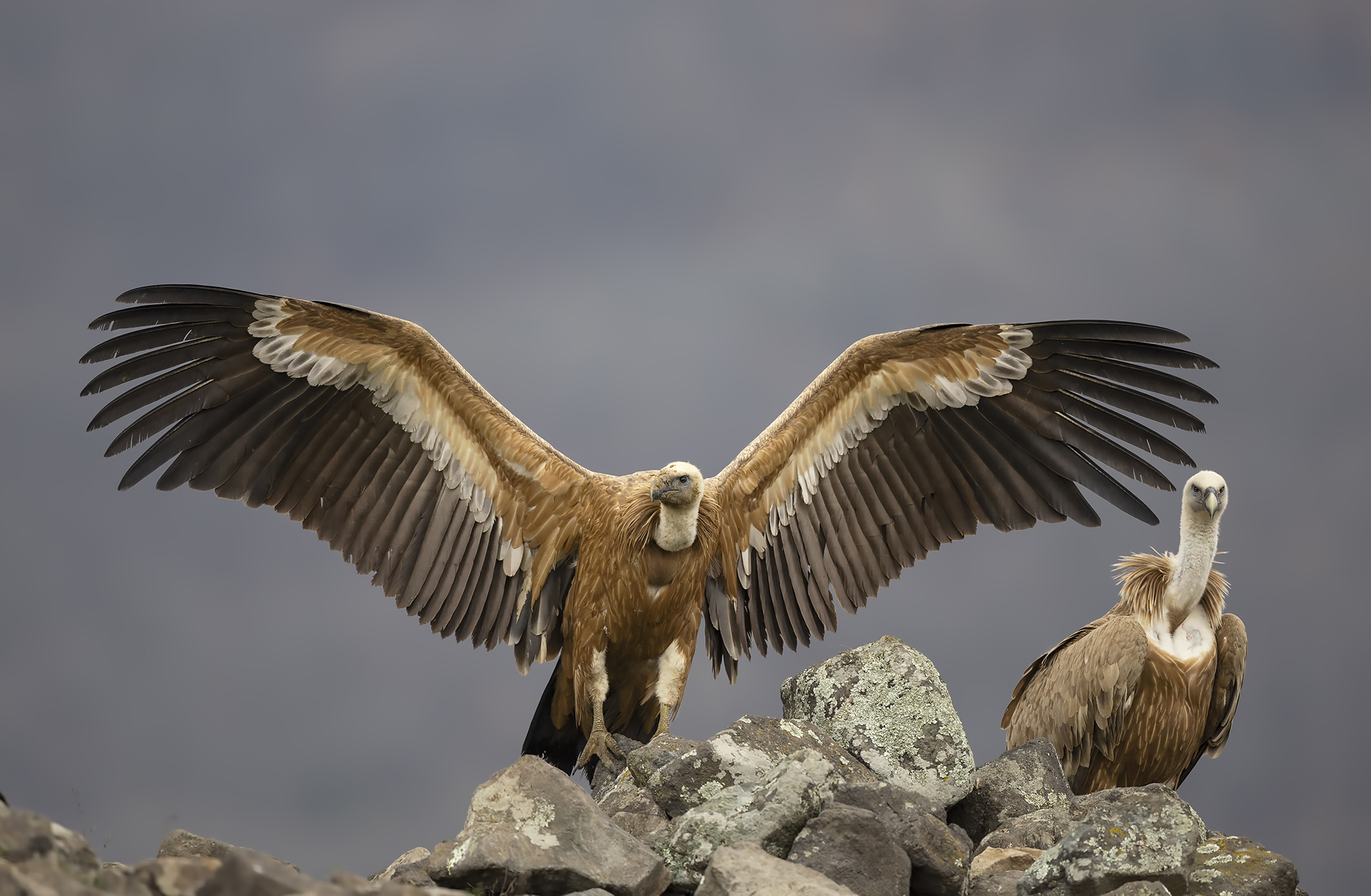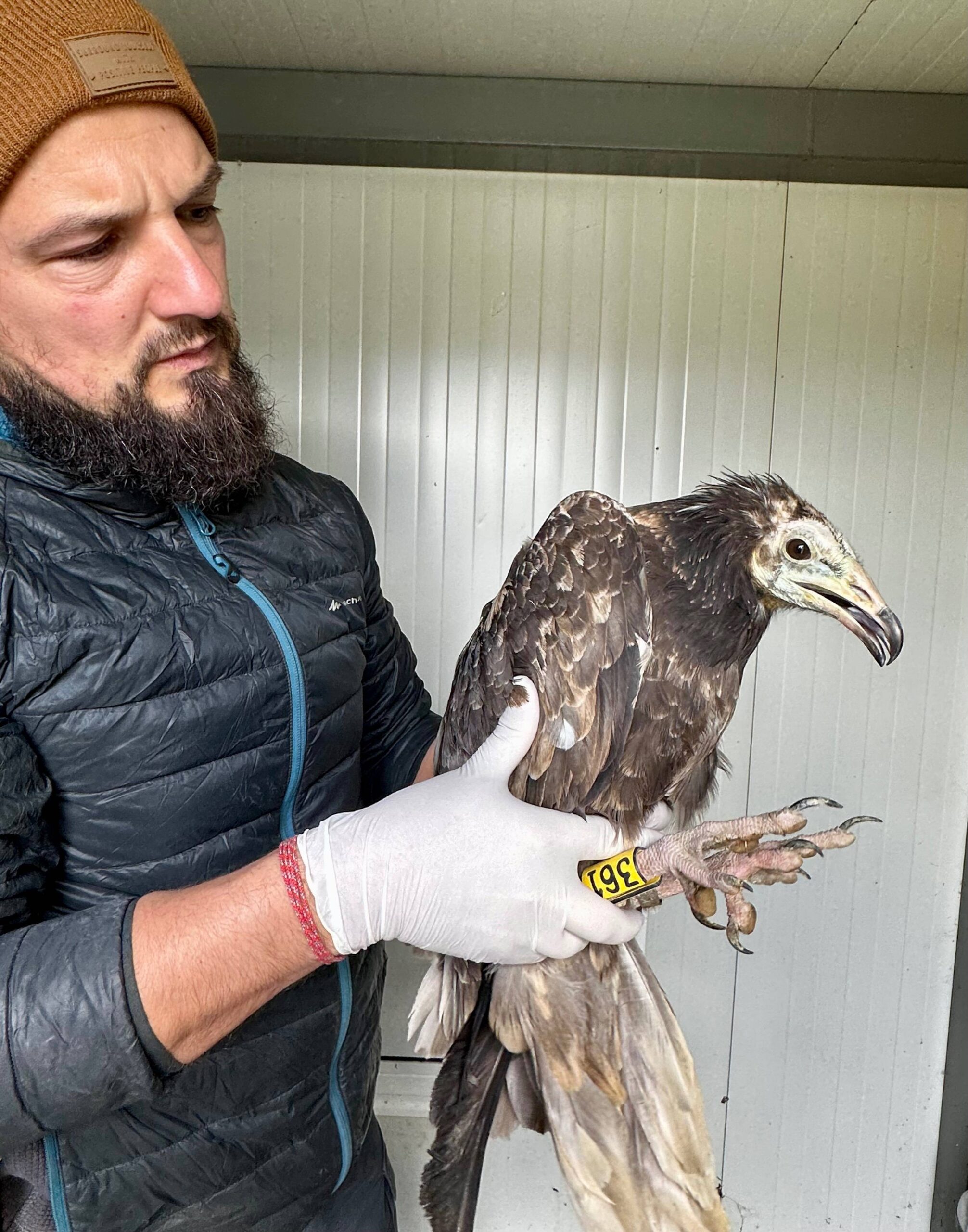On October 17 and 18, international experts will address the effects of lead in hunting ammunition on wildlife, human health and the environment in a workshop being organised in NE Italy. The event is being organised by the Association of Ornithological Studies and Ecological Research of Friuli Venezia Giulia (ASTORE APS), in collaboration with the Italian Center for Ornithological Studies (CISO), the Nature Park of the Julian Prealps, the Regional Nature Reserve of Lake Cornino, and the Vulture Conservation Foundation.

The conference will be held in Gorizia on 17th and 18th October 2025 as part of the initiatives promoted on the occasion of the event “GO! 2025 Nova Gorica – Gorizia European Capital of Culture” and will be hosted in facilities made available by the local Administration.
The symposium will bring together Italian and international experts who will present high-level scientific and technical insights. The experts will analyse the effect of lead ingestion on vultures, golden eagles and other species (e.g. waterbirds), as well as the human health risks linked to shot game meat and environmental contamination with the full support of the Italian Society of Toxicology (SITOX).
On the second day, October 18, participants will enjoy a guided tour of the Regional Nature Reserve of Lago del Cornino, home to a supplementary feeding station for scavenger birds. The day will conclude with a visit to the first European exhibition “The poison after the shot,” supported by the Nature Park of the Julian Prealps and hosted at Palazzo Orgnani Martina in Venzone (UD).
The registration at the event is mandatory by September 15 – please register here.
Participation in the conference on October 17 is free of charge, while participation in the guided tours on October 18 requires a participation fee.


The invisible threat of lead
Lead remains a pervasive and toxic metal contaminating ecosystems if abandoned in the environment. Lead ammunition scattered across landscapes and water bodies, keep contaminating soil and water, and remain a silent killer for many decades. Scavengers, like vultures, ingest tiny lead fragments present in carcasses left by hunters, causing severe poisoning and threatening their survival.
Lead poisoning causes neurological damage, immune suppression, reproductive failures, metabolic disorders, and often death. The widespread ingestion of lead leads to population declines that are difficult to reverse, putting vultures at risk in many European regions. Recent studies show lead exposure is one of the main threats for golden eagles and griffon vultures in Italy, France, Switzerland and Austria.
Mitigating the threat: from awareness to action
The transition to lead-free hunting ammunition is both urgent and feasible. Alternatives such as copper for the hunting of ungulates and steel, bismuth, and tungsten (to hunt small game) have proven effective and safer for wildlife, humans, and the environment. In February 2023, the European Union implemented a ban on lead ammunition in and around wetlands – a crucial step towards protecting affected species. However, conservationists urge complete phase-out across all hunting areas to halt further poisoning. Such a process is now being considered by the EU,and this needs to happen sooner rather than later.
Collaboration between hunters, scientists, and conservationists is crucial to accelerate the shift to non-toxic ammunition, which have been extensively tested in the last years. Efforts to support hunters in this transition are underway, including educational campaigns and practical workshops.
Join the conversation and be part of the solution
This international symposium represents a critical platform for exchanging knowledge, fostering dialogue, and advancing solutions to the borderless poison that lead represents. Experts, policymakers, hunters, conservationists, and the public are invited to engage in this vital conversation. Together, through science and cooperation, we can protect wildlife, preserve ecosystem health, and safeguard human wellbeing.
Join us, give a signal! Program and registration here



